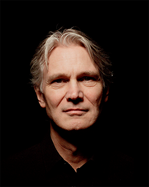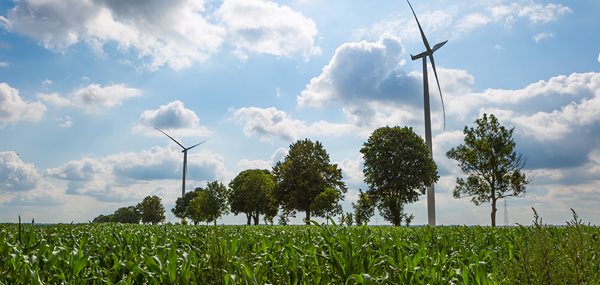Humly's history and its start-up is a bit different from many others. Together with two friends, Fredrik Lindberg had an idea to start a new business in selling hardware for the office industry in general and more specifically room booking displays and solutions for it. The three of them had a history of working together and are still joint owners of Humly today.
What was different was that they also had another idea with the business. They wanted to see how, once they started making money, they could also make a bigger difference. Could there be an opportunity to run a company where there are more winners? Could they, by running a successful company make a difference for nature and people?
"No matter how you look at it, manufacturing always involves a negative impact on the environment, but if the need for a product exists, how can you make it as good as possible?", says Fredrik Lindberg, who today is a board member for Humly and works with sustainability strategies for the company.
After a lot of research, studying reports and successful companies, they realized something that might be considered obvious; if you are going to build a product, the most important thing is that it lasts a long time. The business model needs to be based on thinking about longevity in every step. The product needs to be able to be repaired instead of replaced and the customer should experience even an old product as new through good repair parts and updated software. This may sound simple and obvious but requires a constant focus on the product longevity.
Today Humly works after the mission to focus on product longevity and with the vision to influence others to work towards the same goal. They maintain a constant dialogue with their large network of subcontractors, where they make demands and pay for what the changes for sustainability cost.
"Based on contracts, we own all IT, mechanics and design and thus have the opportunity to influence so that the components have enough quality to last a long time. Even though we are a relatively small customer to some suppliers, we have seen that our requirements have inspired changes with several of them," says Fredrik.

Although product longevity is the most important factor, Humly have also dared to go against the trend when it comes to packaging. Within B2B, just as on the consumer side, in recent years it has been common to have designed boxes for each product with a greater environmental impact. Humly works with bulk packaging and has also removed the packaging plastic. Not only does this reduce the climate footprint of the packaging, but it also means fewer transports, smoother installations for the customer and packaging materials that are easier to recycle.
Humly continues to invest in sustainable production with high goals. Before 2023, they are looking at finding ways to improve how Humly climate compensates for its operations, to review what kind of electricity is used in the production they have, but also how to develop the material in the products.
“We will introduce recycled plastic into our products, starting with the back piece. However, it is important to ensure that we at the same time maintain the durability and longevity of the product. As said, it is the most decisive factor in how climate-smart a product is," says Fredrik.
It’s obvious that climate is a major focus at Humly, but as we mentioned at the beginning, social sustainability work is also very important to them. This is for example shown through the climate compensation that they do every year, and another part is that all employees are allocated a sum of money to donate to charitable causes. But more about that in the next article.